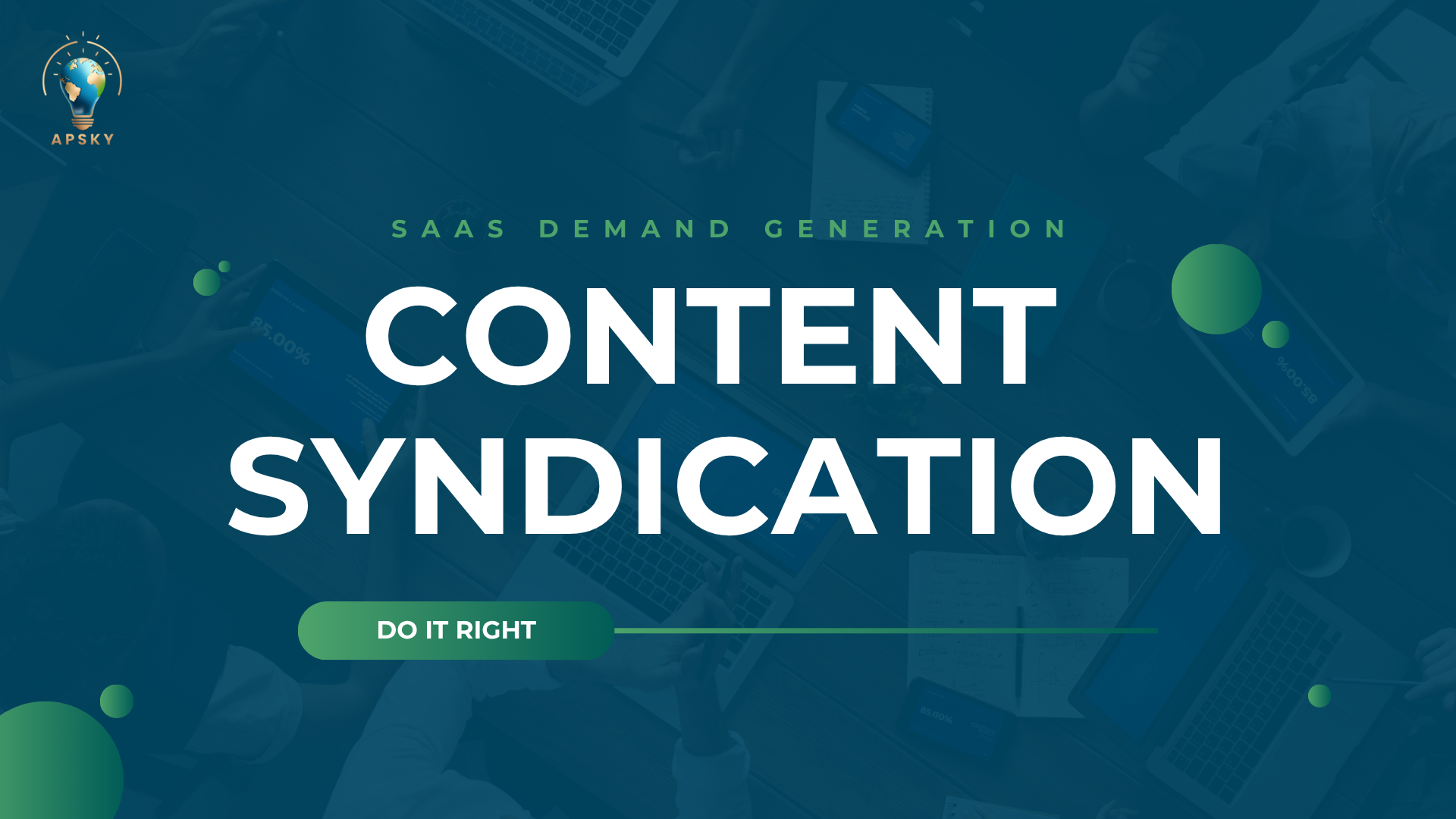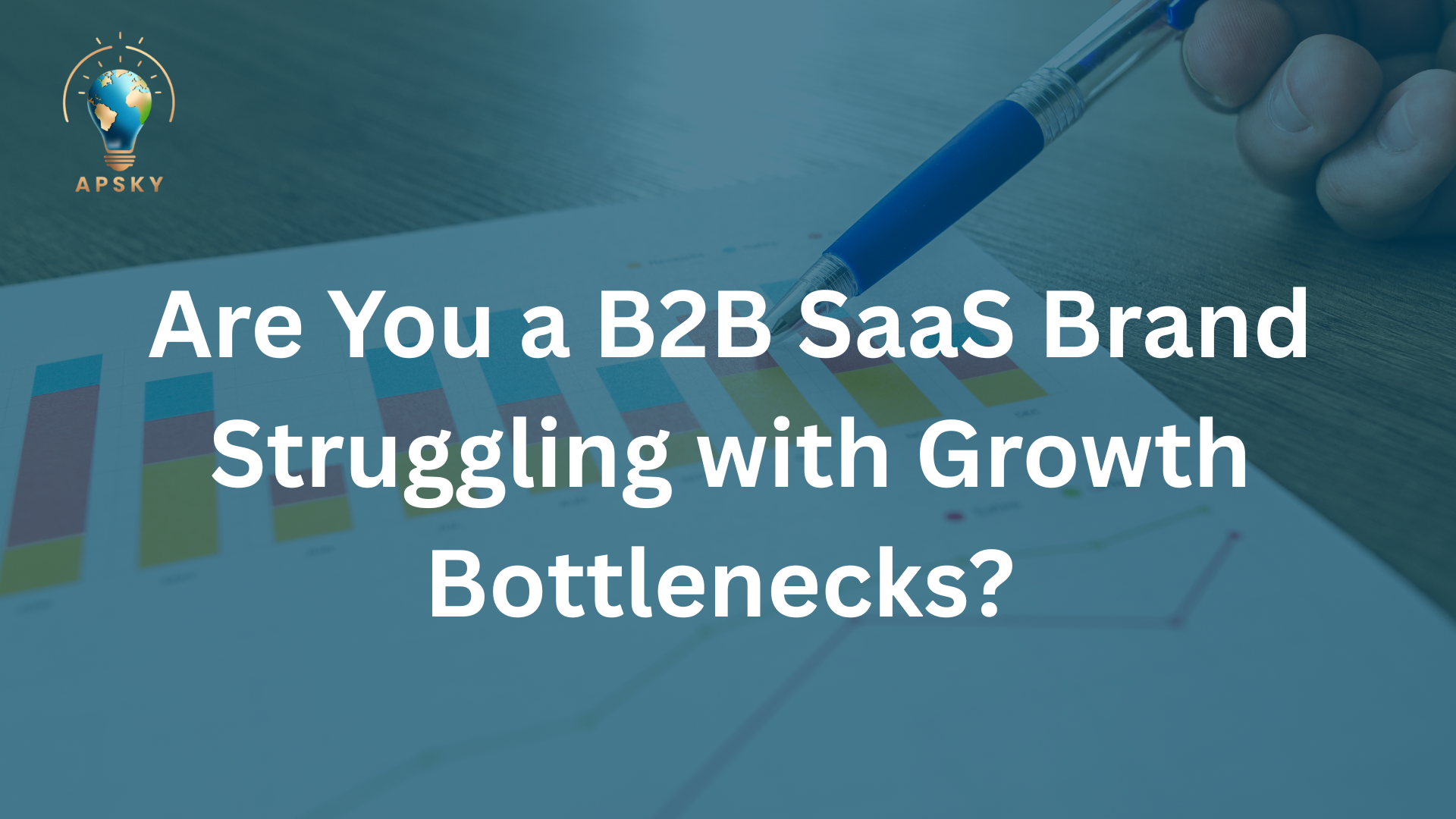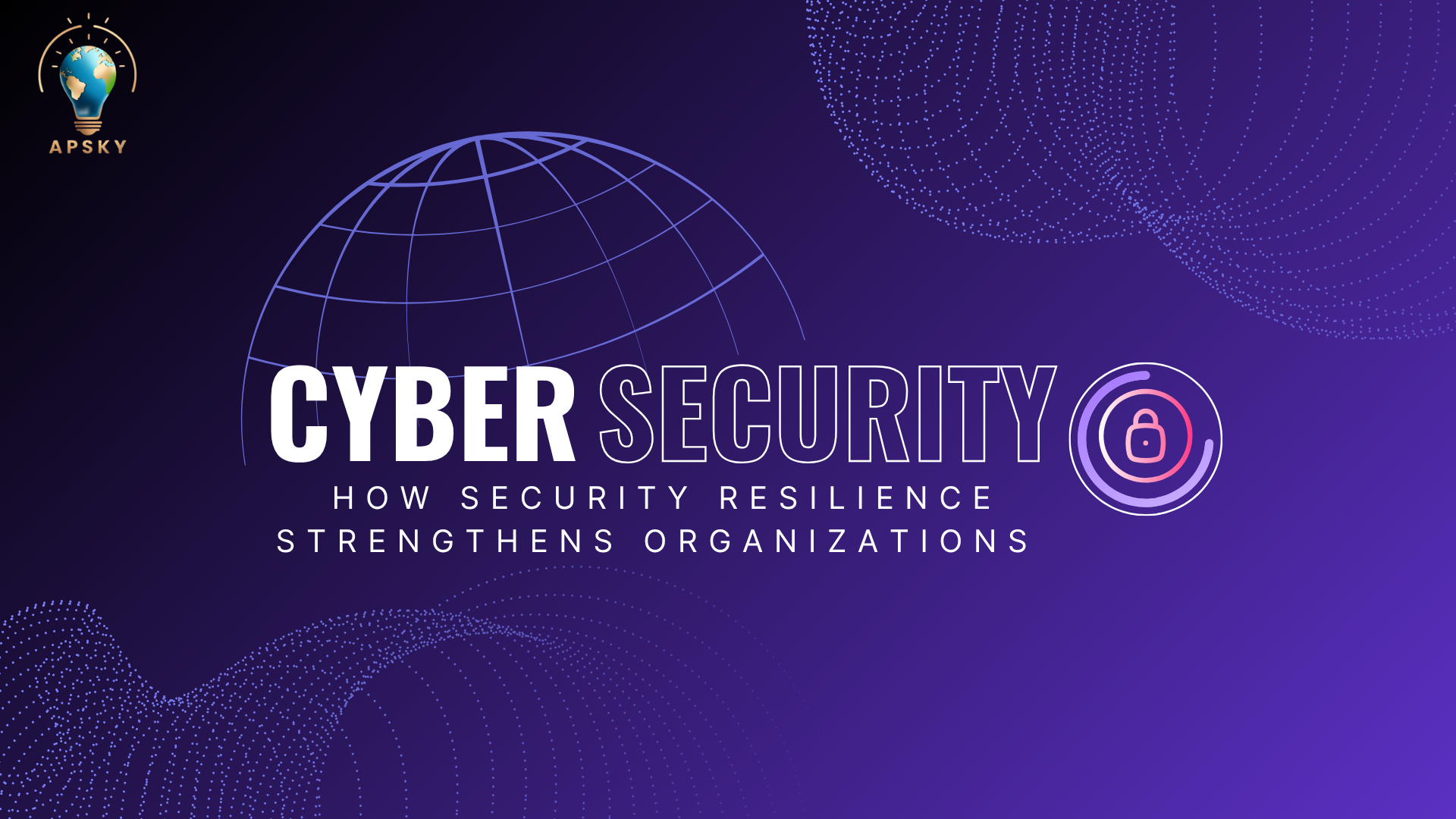The B2B landscape is undergoing a dramatic transformation as artificial intelligence (AI) reshapes every facet of lead generation. Traditional methods, reliant on manual data entry and broad, impersonal outreach, are giving way to smart, data-driven strategies. In this blog, we dive deep into how AI is revolutionizing B2B lead generation, highlighting the technologies, strategies, and real-world examples that are setting new standards in the industry.
1. The New Era of Intelligent Automation
Streamlining Processes
AI-powered automation tools are eliminating repetitive tasks that once bogged down sales teams. By automating data collection, lead scoring, and follow-up processes, businesses can allocate resources to more strategic initiatives. For example, platforms like Salesforce Einstein and HubSpot’s AI-powered tools analyze historical data to predict which leads are most likely to convert, ensuring that sales teams focus on high-value prospects.
Predictive Analytics
Predictive analytics uses machine learning algorithms to sift through massive datasets and forecast future behaviors. AI tools identify patterns that are invisible to human analysts, such as subtle shifts in buyer behavior or emerging trends within niche markets. This level of insight allows companies to not only generate leads more efficiently but also tailor their outreach to align with evolving market conditions.
2. Personalization at Scale
Tailored Content and Messaging
Personalization is critical in the B2B realm. AI enables companies to create highly targeted messaging by analyzing customer interactions, past purchases, and online behavior. Tools like Clearbit enrich lead profiles in real time, offering granular details about prospects. This data helps marketers craft personalized emails, content, and recommendations that resonate with each individual lead.
Dynamic Segmentation
AI allows for dynamic segmentation of leads based on real-time behavior. Instead of static segments based on demographics, machine learning models continually refine customer groups based on activity, engagement, and intent signals. This means that messaging remains relevant, and the likelihood of conversion increases significantly.
3. Conversational AI: Redefining Customer Engagement
Chatbots and Virtual Assistants
AI-driven chatbots such as Drift and Intercom have revolutionized the initial stages of lead engagement. These chatbots provide immediate responses to website visitors, answer common questions, and collect essential information about potential customers. By engaging visitors in real time, they not only improve user experience but also capture high-quality leads for the sales team.
Human-like Interactions
Modern AI chatbots are capable of more than just scripted interactions. With natural language processing (NLP) and sentiment analysis, these tools can mimic human conversation, detect emotional cues, and adjust their responses accordingly. This creates a more engaging experience that builds trust and fosters stronger relationships with prospects.
4. Integrating AI into the B2B Sales Funnel
Holistic Data Integration
AI excels when it’s integrated into a unified system that spans across the marketing and sales funnel. By connecting CRM systems, marketing automation platforms, and data analytics tools, businesses can create a seamless flow of information. This integration enables real-time tracking of lead behavior and ensures that the sales team is always armed with the most up-to-date insights.
Optimized Lead Nurturing
Once a lead is captured, nurturing becomes key. AI can determine the optimal timing and content for follow-up communications. For instance, algorithms can analyze past engagement data to send personalized content that nudges leads closer to conversion. This not only increases efficiency but also ensures that leads are engaged in a way that feels natural and non-intrusive.
5. Real-World Success Stories
Case Study: Enhanced Conversion Rates
Consider a mid-sized B2B company that integrated AI-powered lead scoring into their CRM. By leveraging predictive analytics, they were able to prioritize leads that showed high buying intent. Within a few months, the company reported a 35% increase in conversion rates and a significant reduction in wasted marketing efforts.
Case Study: Improved Engagement
Another company used AI-driven chatbots on their website to interact with visitors. By providing instant responses and personalized guidance, they increased their lead capture rate by 50%. These interactions not only improved the customer experience but also provided the sales team with detailed insights into lead preferences and pain points.
6. Challenges and Considerations
Data Quality and Privacy
While AI offers tremendous benefits, its effectiveness depends on the quality of data it receives. Businesses must ensure that their data is clean, updated, and compliant with privacy regulations such as GDPR and CCPA. Implementing robust data governance practices is essential to harness the full potential of AI.
Integration Complexity
Integrating AI solutions into existing systems can be challenging. Companies need to invest in technology that not only integrates seamlessly with current tools but also scales with their evolving needs. Choosing the right partners and platforms is crucial for a successful implementation.
7. Looking Forward: The Future of AI in B2B Lead Generation
The rapid pace of AI development means that the future of B2B lead generation is filled with promise. Emerging technologies like deep learning and advanced NLP are expected to bring even more sophisticated personalization and predictive capabilities. As AI tools become more accessible, even small and medium-sized enterprises will be able to leverage these technologies to compete with larger players.
AI is not just a buzzword—it’s a transformative force in the B2B lead generation landscape. By automating processes, delivering personalized experiences, and providing actionable insights, AI empowers businesses to optimize every stage of the sales funnel. As we look to the future, companies that embrace AI-driven lead generation will be well-positioned to achieve unprecedented growth and competitive advantage.
Embrace the revolution, invest in AI technologies, and watch your lead generation efforts soar to new heights.




